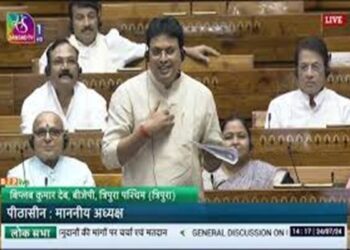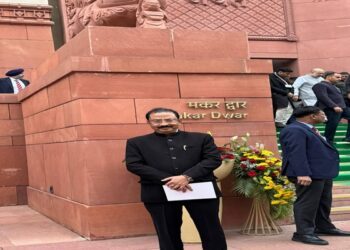New Delhi, September 2: In a significant ruling affecting the education sector nationwide, the Supreme Court has held that qualifying the Teachers’ Eligibility Test (TET) will be compulsory for all teachers working in non-minority schools. The decision applies not only to fresh appointments but also to teachers already in service who seek promotion.
The verdict was delivered by a bench comprising Justice Dipankar Datta and Justice Manmohan in the case Anjuman Ishaat-e-Taleem Trust v State of Maharashtra & Others. The petitions before the Court had challenged the necessity of TET for teachers who were already serving in schools before the enactment of the Right of Children to Free and Compulsory Education (RTE) Act, 2009.
Clarifying its stance, the Court ruled that all teachers, including those appointed prior to 2009, must meet the TET requirement. To ease the transition, a grace period of two years has been provided to in-service teachers who have more than five years of service left. Failing to qualify within this period would lead to compulsory retirement, although such teachers would still be entitled to retirement benefits.
Teachers with less than five years of service remaining before retirement are allowed to continue without clearing the TET. However, they will not be eligible for promotions unless they qualify.
Importantly, the Court distinguished the position of minority institutions, stating that for the time being, teachers employed in such schools are exempt from the TET mandate. However, the bench referred this issue to a larger bench to re-examine whether minority-run schools should also come under the purview of the requirement, especially in light of earlier judgments granting exemptions to them.
The matter saw extensive arguments from senior advocates representing the petitioner trust, several state governments, and the Union of India. Submissions covered the interpretation of the RTE Act, the qualifications of teachers in service, and the constitutional rights of minority institutions.
The ruling is expected to impact lakhs of teachers across the country and is likely to reshape the criteria for teacher appointments and promotions in non-minority schools.
In a related development, the Tripura High Court, through Justice Arindam Lodh, also delivered a judgment echoing similar principles regarding teacher qualifications, though the issue of minority institutions was not part of that case.


















